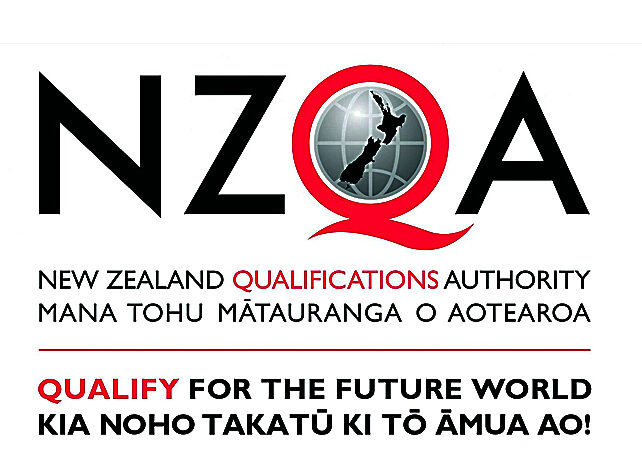The wait is finally over. Across New Zealand, thousands of teenagers are logging onto the NZQA website to check their NCEA results. For some, the news might not be what they were hoping for, and as a parent, it can be tough to know how to handle the situation.
A parenting coach and mother of four (including a 16-year-old eagerly awaiting her results), wants parents to remember that these results are not the be-all and end-all. “In our day, everything hinged on exam results. That’s just how it was,” she says. “But the world has changed. At 18, most people don’t have a clue where they’ll be at 30. A single exam doesn’t define your intelligence or your future.”
A guidance counsellor at Hobsonville Point Secondary School, sees firsthand how much pressure students put on themselves. Around exam time, many come to her worried about meeting expectations or not qualifying for the courses they want. Her advice to parents is simple but powerful: “Make sure your kids know you love them, no matter what their results are.”
It’s natural for teens to feel upset or disappointed, especially if they worked hard and still didn’t achieve the results they wanted. Marsden says it’s important to give them the space to feel those emotions. “If they’ve put in the effort, that’s what we should be praising, not just the outcome,” she explains.
As parents, our job is to listen—not to lecture or try to fix things immediately. “It’s easy to jump into an ‘I told you so’ mode or start offering solutions, but sometimes what they need most is for us to just be there,” she says.
If your teen seems indifferent, don’t assume they don’t care. The warning behind the “I don’t care” attitude, is there could be feelings of disappointment or worry. “Try to look beyond that first reaction and connect with the softer emotions underneath. That’s where they really need you.”
It’s also a good time to remind your teen that success isn’t just about academic results. Eketone highlights her own children’s passions—one is into theatre; another loves hip-hop dance—and how those interests keep them motivated. “Their creative pursuits are what get them excited about going to school,” she says. “That’s just as important as ticking the academic boxes.”
Every teen has unique strengths. Whether it’s art, sports, music, or community work, celebrating these passions can help them feel valued and remind them that their worth isn’t tied to their grades.
If the results mean a change in plans, give your teen some time to reflect before diving into a “Plan B” discussion. It is suggested giving them at least a day to process things. “Often, they’ll come up with a solution on their own, and then you can support them with it,”.
Experts remind families that tertiary study doesn’t have to happen immediately—or even at all. “Some students take gap years, gain work experience, or explore other pathways before deciding what they want to do. There’s no one-size-fits-all approach to success anymore.”
If your teen needs to catch up on credits, there are plenty of options available.
Encourage your teen to speak with their school’s teachers or advisors for guidance. They might even be able to earn missing credits while progressing to the next academic level.
Finally, take a moment to check in with yourself. Are your expectations for your teen realistic? Are you pushing them toward your goals instead of their own? Parents are advised to be honest with themselves and focus on what their teen truly wants and needs.
At the end of the day, NCEA results are just one part of the bigger picture. By offering love, understanding, and a safe space to explore their options, you can help your teen navigate this moment with confidence and hope for the future.
–TIN Bureau


